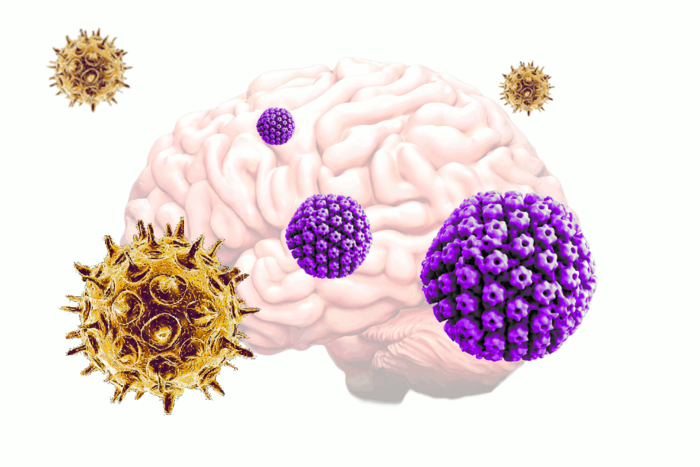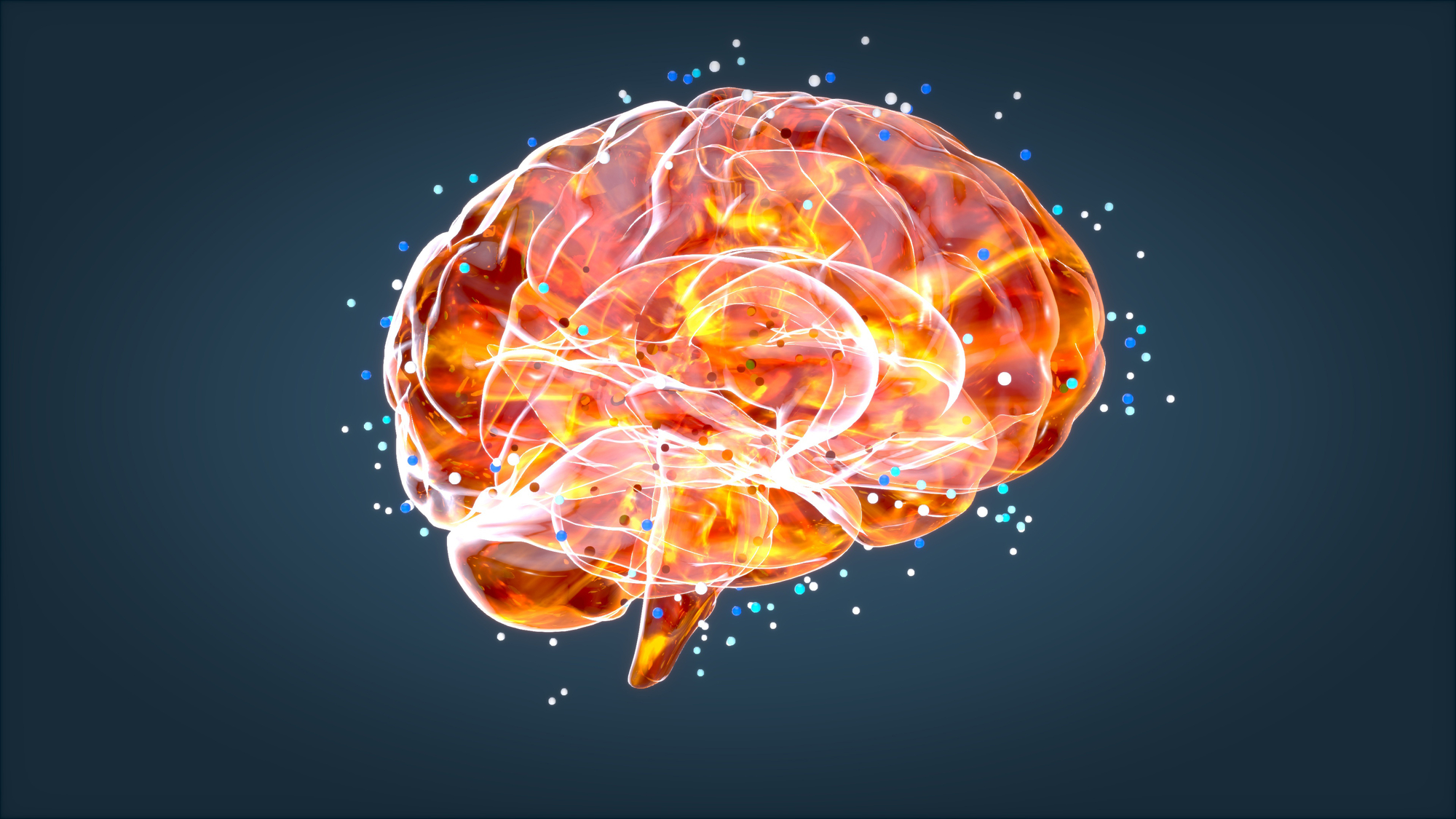Brain volume study reveals anti-aging potential of taking the stairs

Although we generally understand exercise to be good fo us in all sorts of ways, scientists continue to make interesting inroads around the specifics of this relationship. The latest comes from a team in Germany which has found that even slight changes to regular physical activity, such as taking the stairs instead of the elevator, can counter the age-related loss of volume in brain regions linked to disease.
Tags: Exercise, anti-aging, DZNE, Alzheimer’s Disease, Brain
Continue reading Brain volume study reveals anti-aging potential of taking the stairs




